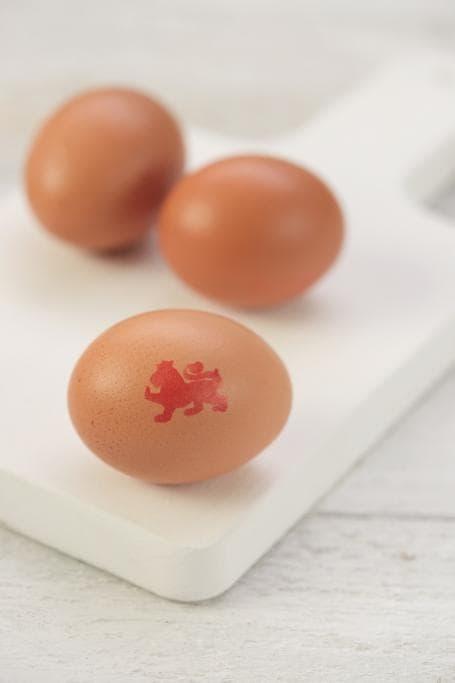Two egg industry bodies have written to the European Commission arguing that its proposals for how to deal with farmers impacted by possible future avian influenza outbreaks don’t go far enough.
The proposals concern how to deal with free range status where hens’ access to open air runs is restricted.
The British Egg Industry Council, which represents the interests of the UK egg sector, and European Union of Wholesale with Egg Products, Poultry and Game (EUWEP) criticised the EC for not going far enough in extending the current 12-week period to 16 weeks, saying 20 weeks would be more fair.
“While we welcome the proposal to extend the 12-week period to 16 weeks, this extension to 16 weeks is not long enough, as illustrated by the length of time the housing order remained in place in GB during the recent epidemic (18.2 weeks),” stated BEIC chief executive Mark Williams in his letter.
“We remain concerned that by only extending the 12-week period to 16 weeks, this would result in free range laying hens losing their free range marketing status, should any housing order continue beyond 16 weeks. This would affect the supply of free range eggs to EU consumers and food manufacturers. As such, an extension to 20 weeks is our preferred option.”
Both organisations also objected to the Commission’s proposal that in the event hens have to be housed, the start date for the 16 week period should coincide with the date the group last had access to open air runs. The groups argued that because a pullet doesn’t become a laying hen until it lays its first egg, the clock should start when birds reach 20 weeks of age, and not from the date of housing, which is generally 16-17 weeks of age.
Although the Commission has rejected proposals for winter gardens, which would allow hens to range under cover and within netting, the industry argued this would still be a good option. “As it is no fault of the producer when a veterinary authority requires the housing of laying hens during an avian influenza incursion, BEIC has supported the EUWEP position for winter-gardens to be allowed, to enable free range laying hens to retain their free range marketing status beyond 12 weeks when hens are required to be housed by veterinary restriction,'” wrote Williams. “This additional outdoor area would allow hens to go outside, but remain protected from wild birds which spread the bird flu virus. This would take the form of providing hens access to an additional covered outdoor space, equivalent to 20% of the poultry house.”
BEIC said it fully supported the need to both protect the health of poultry flocks, as well as protect the interests of consumers.
Of the 54 million free range laying hens in the EU in 2016, 20 million were housed in the UK. This sector has grown significantly over recent years as a result of consumer demand. Due to H5N8 Highly Pathogenic Avian Influenza, the UK and EU has faced an unprecedented situation during the last 12 months, with the vast majority of the 54 million EU free range laying hens being required to be housed under veterinary order to protect them from the threat of the virus. The ongoing threat of this virus resulted in the housing order continuing beyond 12 weeks in many member states, which led to the loss of free range egg marketing status.


